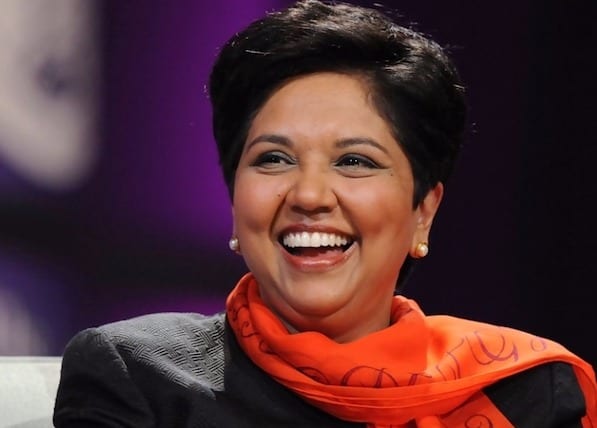Now the global CEO and Chair of PepsiCo, who is listed as the second most powerful woman in the world by Fortune, has committed to doing something about it.
She’s penned a piece in Fortune this week committing the business to an initiative called All In On Recycling, in partnership with The Recycling Partnership. She writes that Pepsi is also committing to a goal of having 100% of its packaging recyclable, compostable or biodegradable by the year 2025.
PepsiCo’s announcement comes just as one of Australia’s major supermarket chains declared it would reverse its ban on offering free plastic bags. Greenpeace described the backflip as making “a complete mockery” of Coles’ claims that it wants to reduce plastic waste. (At time of publishing reports are emerging that Coles will officially ban free plastic bags again, as of August 29.)
The Pepsico plan is to reverse the significant decline in US residential recycling rates over the next five year in what it describes as the “largest ever industrywide residential challenge. It aims to capture an additional seven billion containers during that period, along with other recyclable materials. It will see the PepsiCo Foundation investing an initial US$10 million in the initiative, which is says will later become a $100 million fund.
“That support will help 25 million families by providing critical recycling education and single and multi-family home recycling programs,” writes Nooyi. “And because every trash can should have a recycling bin by its side, we’ll offer curbside carts—a proven way to double the amount of recyclables recovered.
“The Recycling Partnership also estimates that by using recycled materials instead of manufacturing new ones, this collaboration will allow us to avoid emitting 5.5 million tons of CO2, the equivalent of removing more than 1 million cars from the road for a year.”
But environmental groups including Greenpeace say this latest PepsiCo announcement misses the mark. It says Pepsi has moved to blame individuals and communities for not recycling their waste, rather than looking to its own corporate accountability in the problem.
“We know that recycling will never solve this crisis, and that it’s going to take companies like Pepsi reducing and eventually phasing out single-use plastics,” said Greenpeace Plastics campaigner Kate Melges.
“This is about corporate accountability, and it’s time for the largest companies in the world to take ownership of the problem they helped to create.”
“The company sells us on cheap, momentary convenience, but it’s time to start acknowledging the real cost of this plastic addiction.”
Another group, As you Sow, said that while the announcement is a welcome move, Pepsi has already spent $55 million on recycling in the past nine years, but the investment has failed to improve the US national recycling rate.
It also notes that Pepsi has spent $2.4 billion on advertising last year, so it’s initial $10 million seed investment to kick of this $100 million fund is tiny.
Nooyi writes that she’s always believed corporates have responsibilities to the communities they serve, and that for too long many such corporates have not met those responsibilities on the products they produce.
Establishing nation-wide recycling funds and initiatives are certainly welcome and we could use more of such investment in Australia.
But recycling initiatives are only going to go so far in reducing a problem that really comes down to the fact much of the ‘fast and convenient’ foods and beverages we consume are delivered through single-use plastics. Some of it will get recycled, the majority of it will not. We need better solutions.


